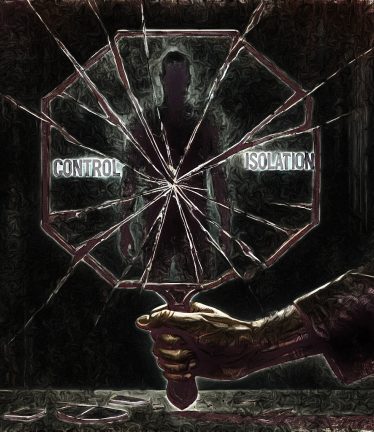Emotional abuse, a subtle and insidious form of manipulation, can profoundly affect a person's sense of self-worth, autonomy, and mental health. Unlike physical abuse, the signs of emotional abuse are often concealed, as they manifest through control, isolation, and subtle psychological tactics. It can start with seemingly harmless behaviours but often escalates, eroding the victim's self-confidence and isolating them from support systems.
In many cases, control is exerted over the victim's actions, relationships, and even thoughts, making them feel trapped and powerless. Isolation is another common tactic, as it allows the abuser to limit the victim's access to family, friends, and outside perspectives, reinforcing their control. These behaviours can make the victim feel increasingly dependent on the abuser, leading to a cycle that is difficult to break.
Understanding the signs of emotional abuse—like manipulation, gaslighting, and isolating behaviours—is crucial in recognising and addressing it. Building awareness around emotional abuse can empower individuals, providing them with the knowledge to seek support, regain control over their lives, and foster resilience.
If you or someone you know is experiencing emotional abuse, it's crucial to reach out to trusted friends, family, or a professional who can offer guidance and support. Reclaiming one's autonomy is not only possible, but it's a journey that can be supported by these networks, helping to rebuild confidence and a sense of self.
Reference Sources
- National Domestic Violence Hotline. "What Is Emotional Abuse?" Retrieved from https://www.thehotline.org.
- Psychology Today. "Emotional Abuse: The Quiet Killer in Relationships." Retrieved from https://www.psychologytoday.com.

